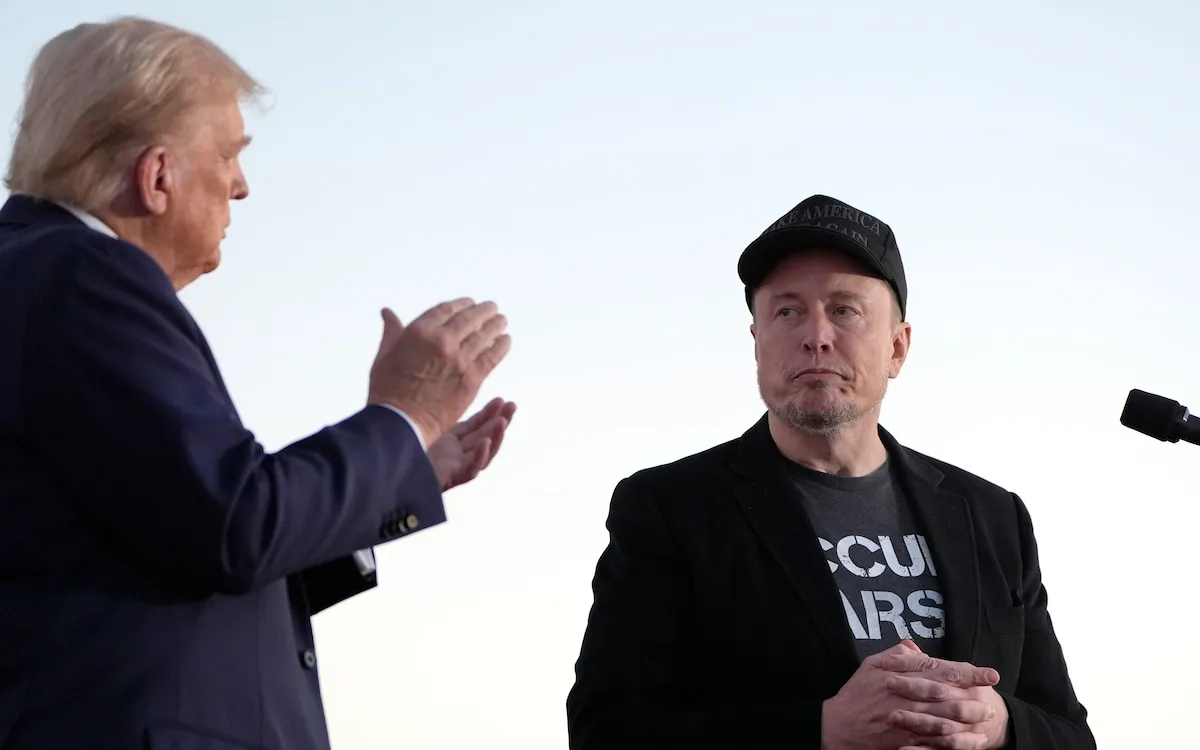
According to data from the Trump administration, nearly 40% of federal contracts that were claimed to be canceled as part of a cost-cutting initiative are not expected to save the government any money. This revelation raises questions about the effectiveness of the administration's cost-saving strategies.
The Department of Government Efficiency, led by Elon Musk, released an initial list of 1,125 contracts that were terminated across various federal departments. However, the "Wall of Receipts" from DOGE shows that more than one-third of these cancellations, or 417 contracts, will not yield any savings. This often occurs because the total value of the contracts has already been fully obligated, meaning the government is legally bound to spend the funds on goods or services that have already been acquired.
Charles Tiefer, a retired University of Baltimore law professor and government contracting law expert, commented, "It’s like confiscating used ammunition after it’s been shot when there’s nothing left in it. It doesn’t accomplish any policy objective." Tiefer's critique highlights the potential ineffectiveness of canceling so many contracts without achieving tangible savings.
Some of the contracts involved subscriptions to media services such as The Associated Press and Politico, which were already paid. Others included research studies, conducted training, purchased software, and internships that were completed. An administration official, speaking on condition of anonymity, mentioned that canceling these contracts was seen as removing potential dead weight, even though no savings were realized.
In total, the 417 contracts in question had a combined value of $478 million, with many others expected to yield minimal savings. Tiefer remarked that it's often too late for the government to back out of these payments, suggesting a more strategic approach involving agency contracting officers and inspectors general to identify efficiencies.
DOGE claims that the overall contract cancellations could save more than $7 billion, a figure scrutinized by independent experts as potentially inflated. The canceled contracts covered a diverse range of goods and services, such as office furniture for the Department of Housing and Urban Development and carpet cleaning services for the U.S. Agency for International Development.
Some of the canceled contracts aimed to modernize government operations, which seems counterintuitive to DOGE's cost-cutting mission. For example, a major contract with Deloitte Consulting LLP to reorganize the CDC’s National Center for Immunization and Respiratory Diseases was terminated, despite its role in the COVID-19 response.
The Trump administration's approach to contract cancellations has sparked debate about its effectiveness in achieving true cost savings. As the administration continues to push for budget reductions, the impact of these strategies on government efficiency and agency performance remains a critical area of examination.
Reported by Ryan J. Foley from Iowa City, Iowa.